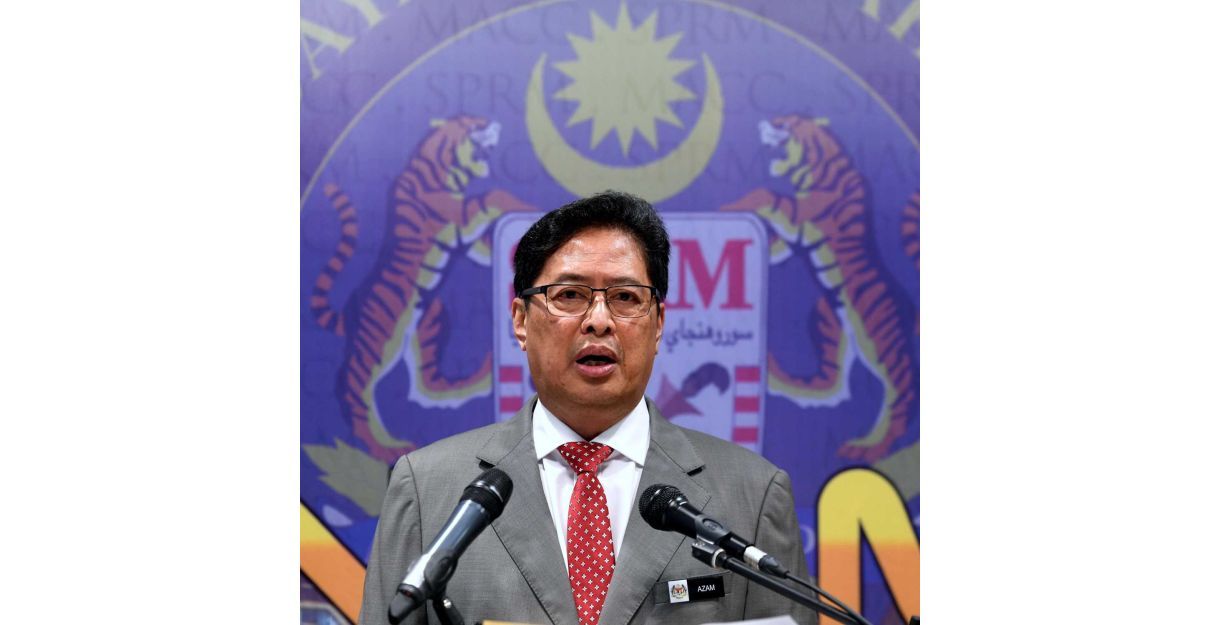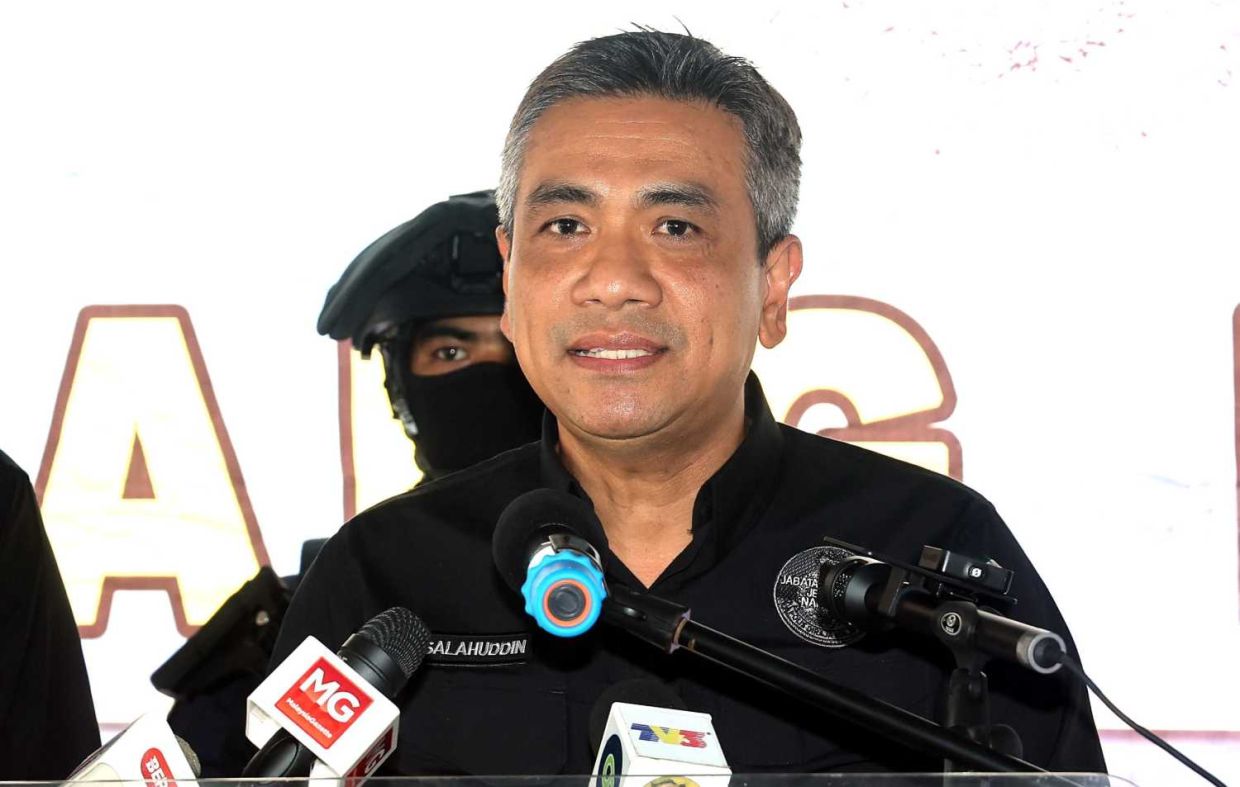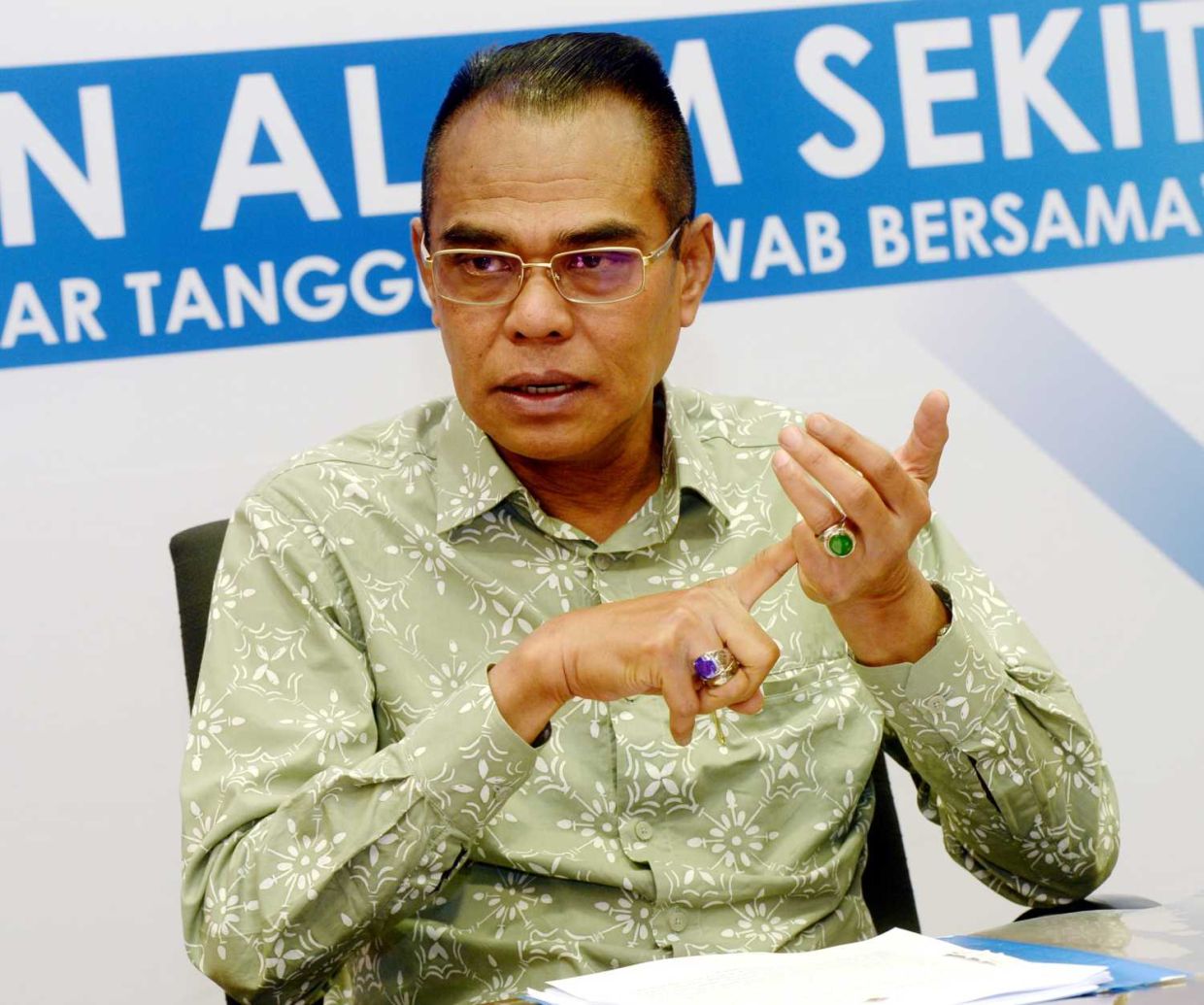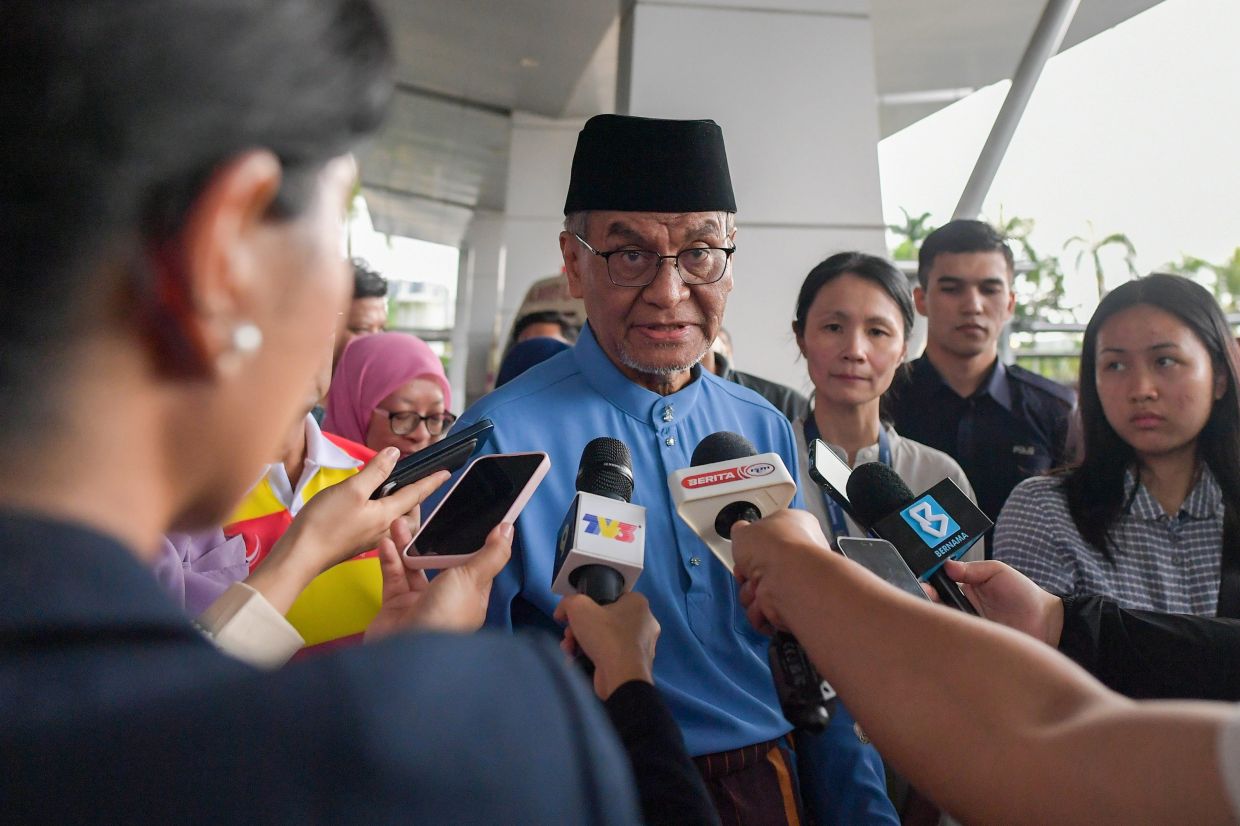KUALA LUMPUR: Education Minister Fadhlina Sidek has urged all parties to refrain from drawing conclusions about absenteeism during the 2024 Sijil Pelajaran Malaysia (SPM) examination before it concludes.
She emphasised that the current attendance figures are preliminary and have been sensationalised, even though the examination is still ongoing.
Last month, Fadhlina said there were still 10,000 students whose attendance remained unconfirmed on the first day of the 2024 SPM exam.
“Please give us time until the SPM concludes on Feb 6 to ensure all processes related to student attendance are accurately assessed for a more precise picture,” she said during a mock cheque presentation ceremony here for the one-off Early Schooling Aid (BAP) yesterday.
Also present were the Prime Minister’s wife, Datuk Seri Dr Wan Azizah Wan Ismail, and Communications Minister Fahmi Fadzil.
Fadhlina added that efforts to ensure student attendance for the SPM exams have been ongoing throughout the year, not just during the SPM period.
She also said the Bill to amend the Education Act 1996 to make education compulsory up to secondary school level is expected to be tabled next month.
“We hope that these measures will help overcome attendance- related issues, reduce dropout rates, and improve the overall quality of education in the country,” she said.
At the event, Fadhlina handed over a cheque for RM34,113,450 to the Federal Territory of Kuala Lumpur Education Department (JPWPKL) for distribution to three district education offices, benefiting 227,423 students across Kuala Lumpur.
A total of RM791,250,000 has been allocated by the Madani government for this one-off payment of RM150 per person to over 5.2 million students.
Starting yesterday, students from Year One to Form Four in the 2024/2025 school session will receive the BAP.
Year One pupils (from the 2025/2026 session) and Form Six students in their second semester will receive their aid on Feb 16.
Beginning this year, Form Six students will be eligible for the BAP, which is expected to benefit 100,000 students.
Meanwhile, Fadhlina said there has been a 10% increase in parents opting to receive the BAP funds through bank account credit transactions.
“Previously, there had been a 5% increase, and with the additional 10%, bank or credit transactions have become the preferred choice among parents,” she said.
She also said the distribution of the BAP has been expanded to include savings accounts from any bank, rather than being limited to Bank Simpanan Nasional as in previous years.
“By allowing parents or students to use any savings account, the process has been made more flexible and convenient for parents,” she added.









































